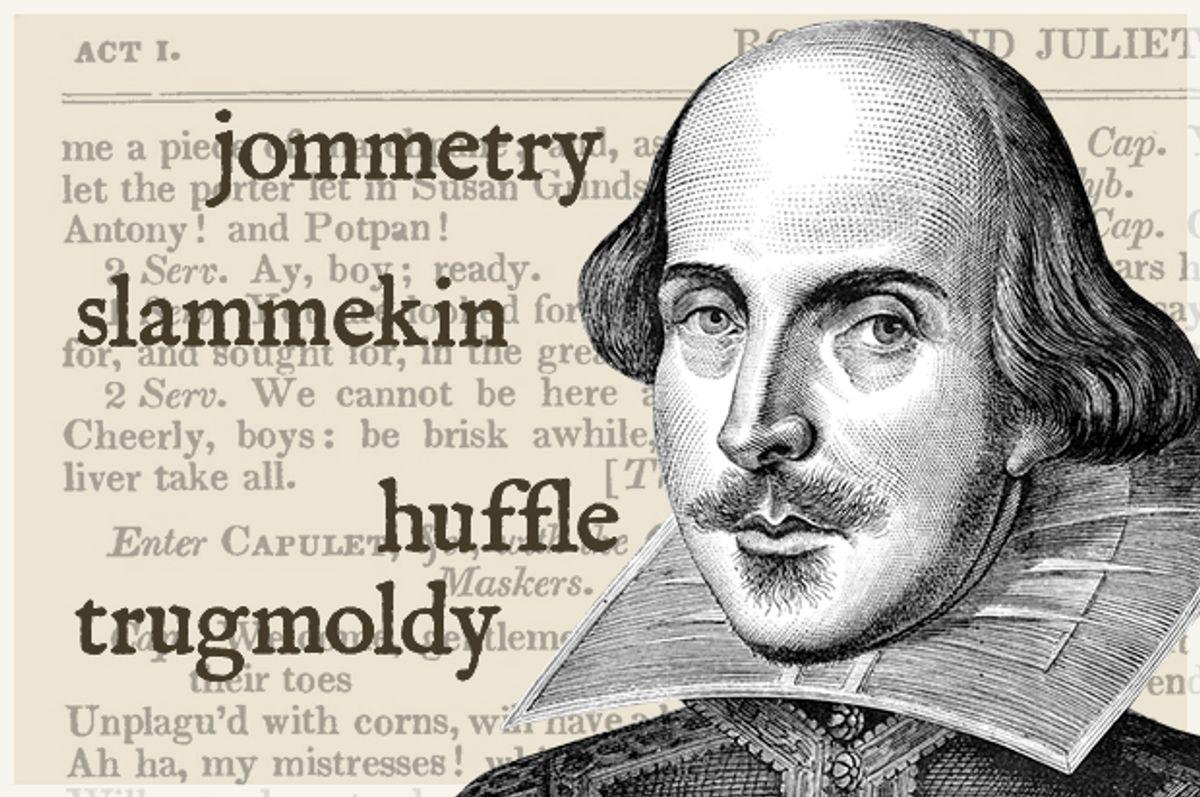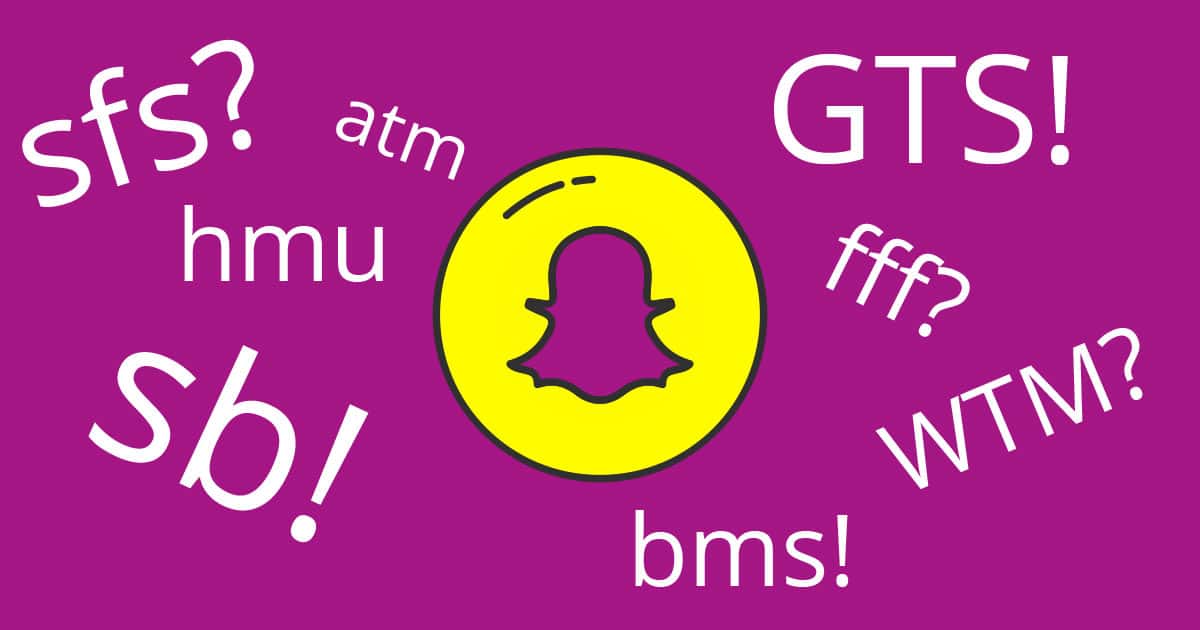Slang, the informal language used by particular groups or communities, has always been an intriguing aspect of human communication. From the witty phrases of Shakespearean plays to the trendy terms on social media platforms like Snapchat, slang has continuously evolved over time.
Understanding the evolution of slang is not only fascinating but also valuable in unraveling the social, cultural, and linguistic changes that have shaped our world. Unearthing the various slang meanings is a key step towards a deeper appreciation of this dynamic linguistic phenomenon.
In this article, we will delve into the origins of slang, explore its development throughout history, and examine how pop culture and the digital age have influenced its evolution.
The Origin of Slang
Early Instances of Slang
Slang is not a recent phenomenon; its roots can be traced back to ancient civilizations. From the slang used by soldiers in Roman legions to the secret codes of thieves in ancient Greece, informal language has always existed as a way to express camaraderie and exclusivity.
However, one of the most influential figures in the evolution of English slang is none other than William Shakespeare. In his plays, Shakespeare incorporated a variety of colloquialisms and expressions that were popular among the common people, thus immortalizing them in the English language.
For instance, phrases like “break the ice” and “wild-goose chase” were first introduced by Shakespeare, and they still find their way into our everyday conversations. Shakespeare’s works serve as a time capsule, capturing the slang of his era and providing insight into the language of the time.
Rise of Slang in the 18th and 19th Centuries
The 18th and 19th centuries witnessed significant social and cultural changes, including urbanization and the industrial revolution. These transformations led to the emergence of new slang words and phrases. The rise of cities created distinct subcultures and social classes, each with its own unique jargon. Slang became a tool for social distinction, allowing certain groups to establish their identity and exclude others.
Additionally, the slang of this era often reflected the economic conditions of the time. During the Great Depression, for example, new slang words emerged as a means of coping with hardship and expressing resilience. This period birthed phrases like “apple-knocker” to describe a naive person and “lollygagger” to refer to someone who was unemployed. Slang became a language of the streets, embodying the struggles and experiences of the working class.
Slang in the 20th Century
Slang During the Roaring 20s and Great Depression
The 1920s, known as the Roaring Twenties, brought about significant cultural shifts, and slang played a prominent role in capturing the spirit of the time. The era was characterized by excess, rebellion, and newfound freedoms. Slang words like “bee’s knees,” “cat’s pajamas,” and “flapper” became popularized during this period, reflecting the vibrant and carefree attitude of the Jazz Age.
However, the economic downturn of the Great Depression in the 1930s led to a different kind of slang. People used language as a means of finding humor and creating a sense of solidarity amidst financial hardships. Phrases like “Brother, can you spare a dime?” and “On the bum” were born out of this era, illustrating the resilience and resourcefulness of the American people during challenging times.
Post-War Slang and the Beatnik Influence
The post-war era of the 1950s and 1960s saw the emergence of new slang associated with the counterculture movements, most notably the Beat Generation. Beatniks rejected mainstream values and sought unconventional means of expression.
Their slang, often characterized by terms like “cool,” “dig it,” and “beatnik,” reflected their nonconformist mindset. The Beatniks’ influence on language extended beyond their own generation, leaving an indelible mark on future decades.
Slang and the Influence of Pop Culture
Slang in Music and Movies
Popular culture, including music and movies, has played a significant role in shaping slang over the years. Songs and films have the power to introduce new words and phrases into the vernacular, creating trends that capture the imaginations of the masses. For example, the Beatles’ use of the word “fab” in their song “A Hard Day’s Night” popularized it as a slang term meaning fantastic or excellent.
Movies have also contributed to the evolution of slang. Films like “Clueless” and “Mean Girls” introduced catchphrases such as “As if!” and “That’s so fetching” into the cultural lexicon. These expressions became emblematic of the characters and their respective eras, demonstrating how movies can both reflect and shape language trends.
Television and Slang
Television shows have become a powerful medium for disseminating and creating slang. Sitcoms like “Friends” and “Seinfeld” popularized phrases like “How you doin’?” and “No soup for you!” that became iconic within their respective fan communities.
The memorable catchphrases from these shows have entered the collective consciousness, showing how television has influenced slang and the way we communicate with each other.
The Modern Era: Internet and Social Media Slang
Texting and Internet Slang
With the advent of digital communication platforms, a new form of slang emerged: texting and internet slang. The character limitations of text messages and the need for quick communication fostered the creation of abbreviations and acronyms like “LOL” (laugh out loud) and “NBD” (no big deal).
The brevity and informality of these expressions revolutionized communication and paved the way for a whole new set of linguistic conventions.
Social Media and Slang
Social media platforms like Facebook, Twitter, Tiktok, and Snapchat have had a profound impact on the evolution of slang. These platforms provide a space for users to express themselves and create new trends in language.
From hashtags to emojis, social media has introduced a plethora of slang terms into our everyday conversations. For instance, phrases like “FOMO” (fear of missing out) and “on fleek” gained popularity through social media, highlighting the symbiotic relationship between technology and language.
Conclusion: The Future of Slang
As we look to the future, it is clear that slang will continue to evolve and adapt to the ever-changing world. The rise of technology and the increasing interconnectedness of our global society will undoubtedly influence the development of new slang terms. Understanding the evolution of slang not only provides insights into our cultural history but also helps us navigate and understand the language of different generations and subcultures.
In the end, slang is a dynamic aspect of language that reflects societal changes and cultural shifts. From ancient civilizations to the digital age, slang has evolved and adapted to the needs and desires of its users. By exploring the origins of slang, tracing its development through history, and understanding its role in pop culture and the digital era, we gain a deeper appreciation for the power of language and its ability to shape our social interactions.
So, the next time you encounter a new slang term on Snapchat or in a movie, take a moment to unravel its origins and appreciate the rich tapestry of language that connects us all.
⚠ Article Disclaimer
The above article is sponsored content any opinions expressed in this article are those of the author and not necessarily reflect the views of CTN News





